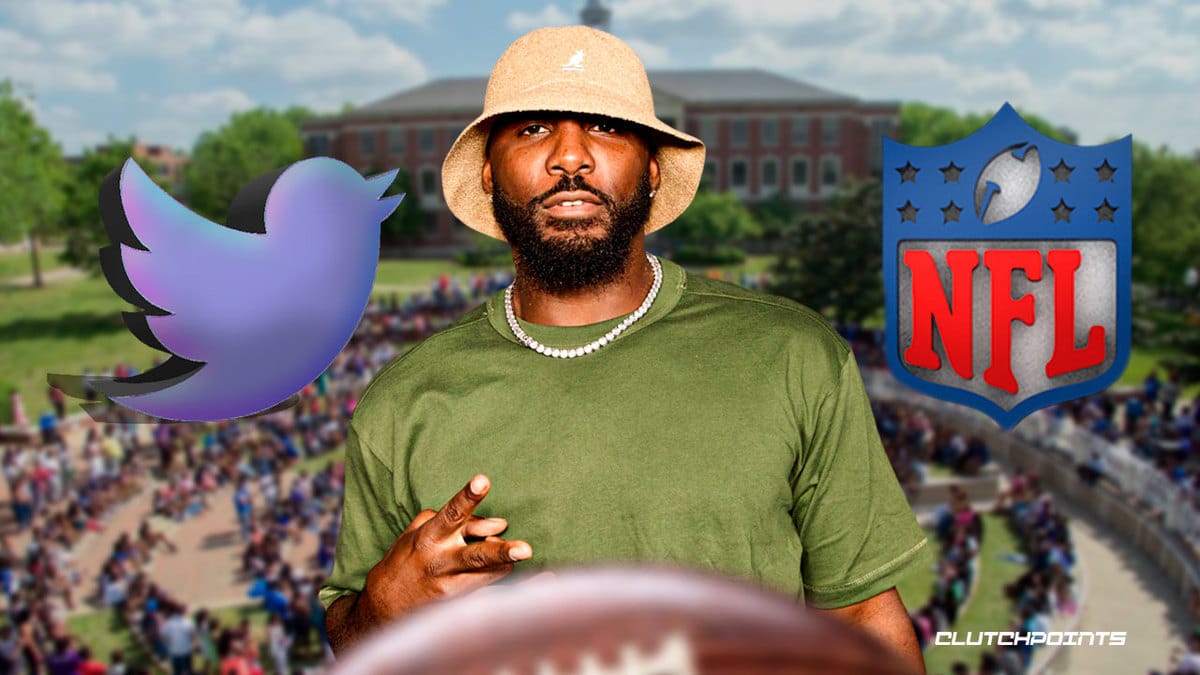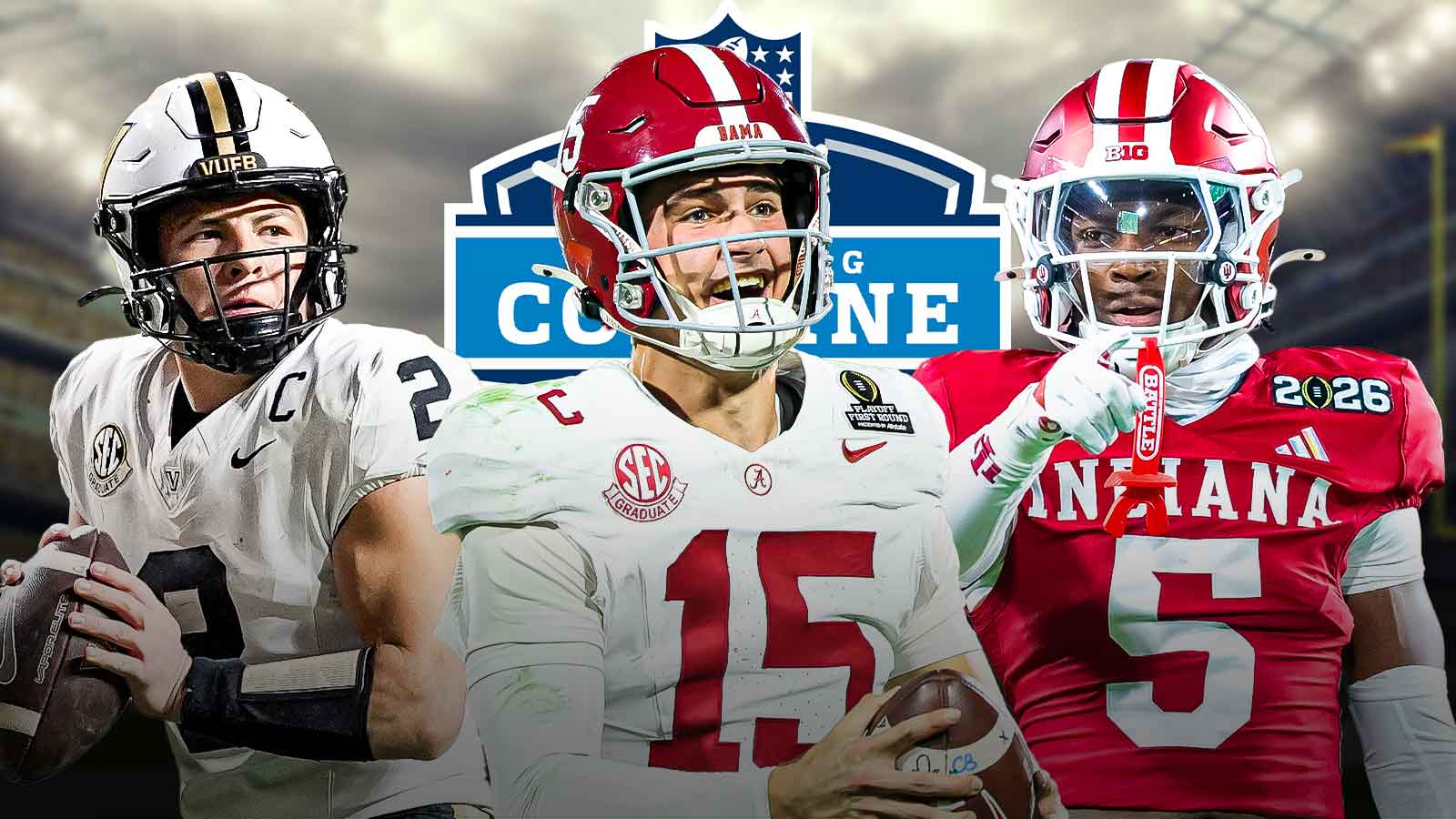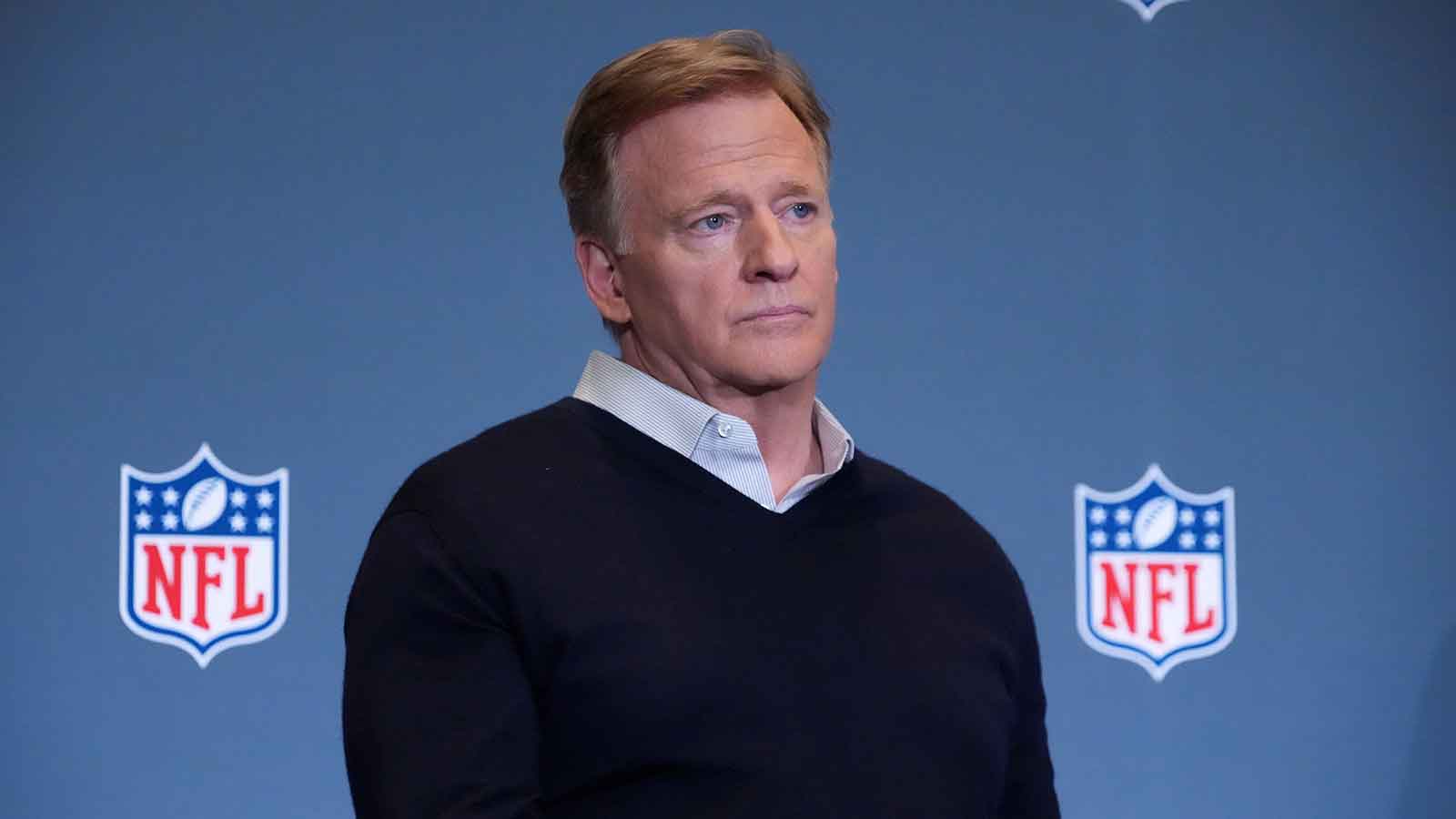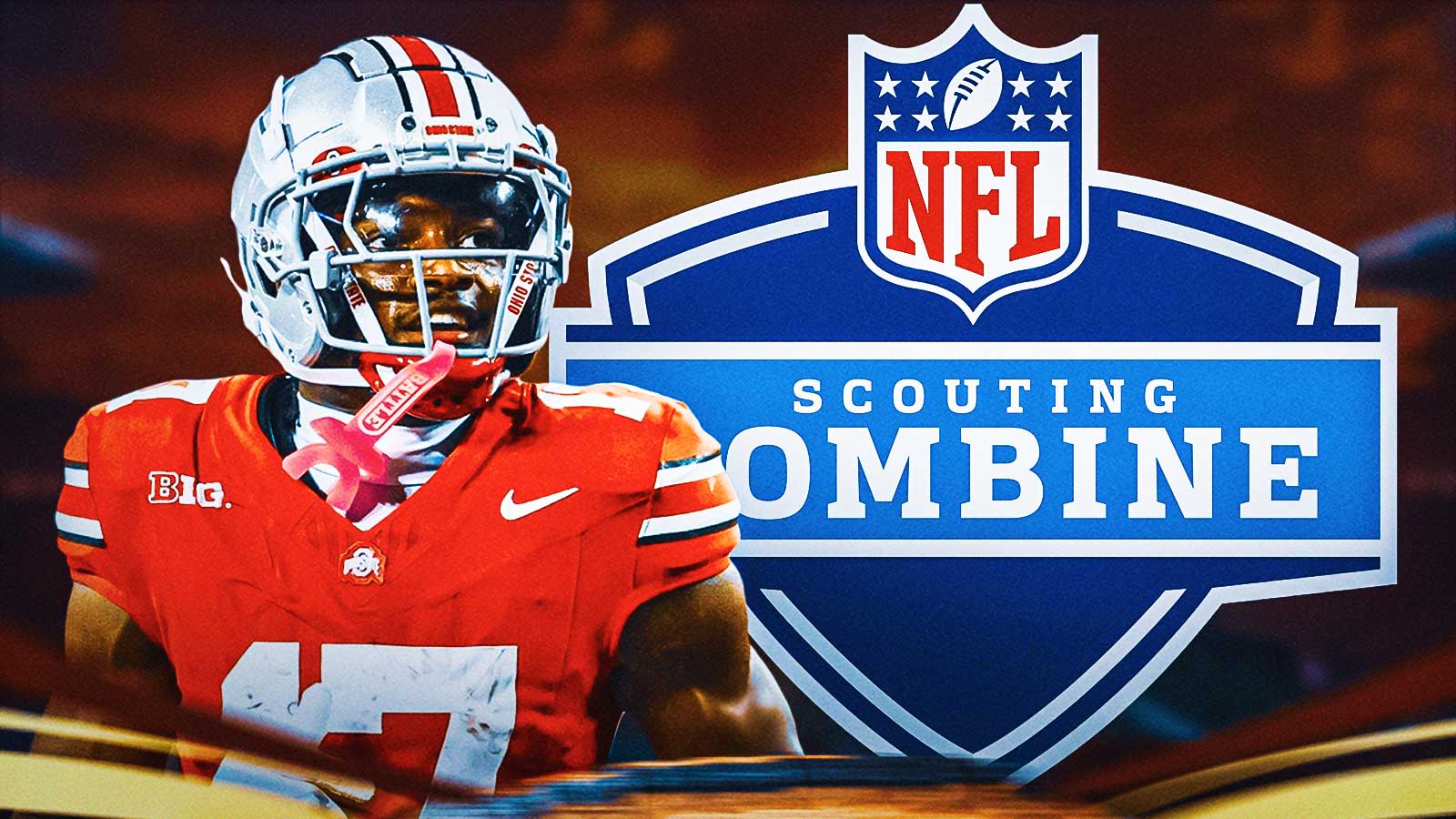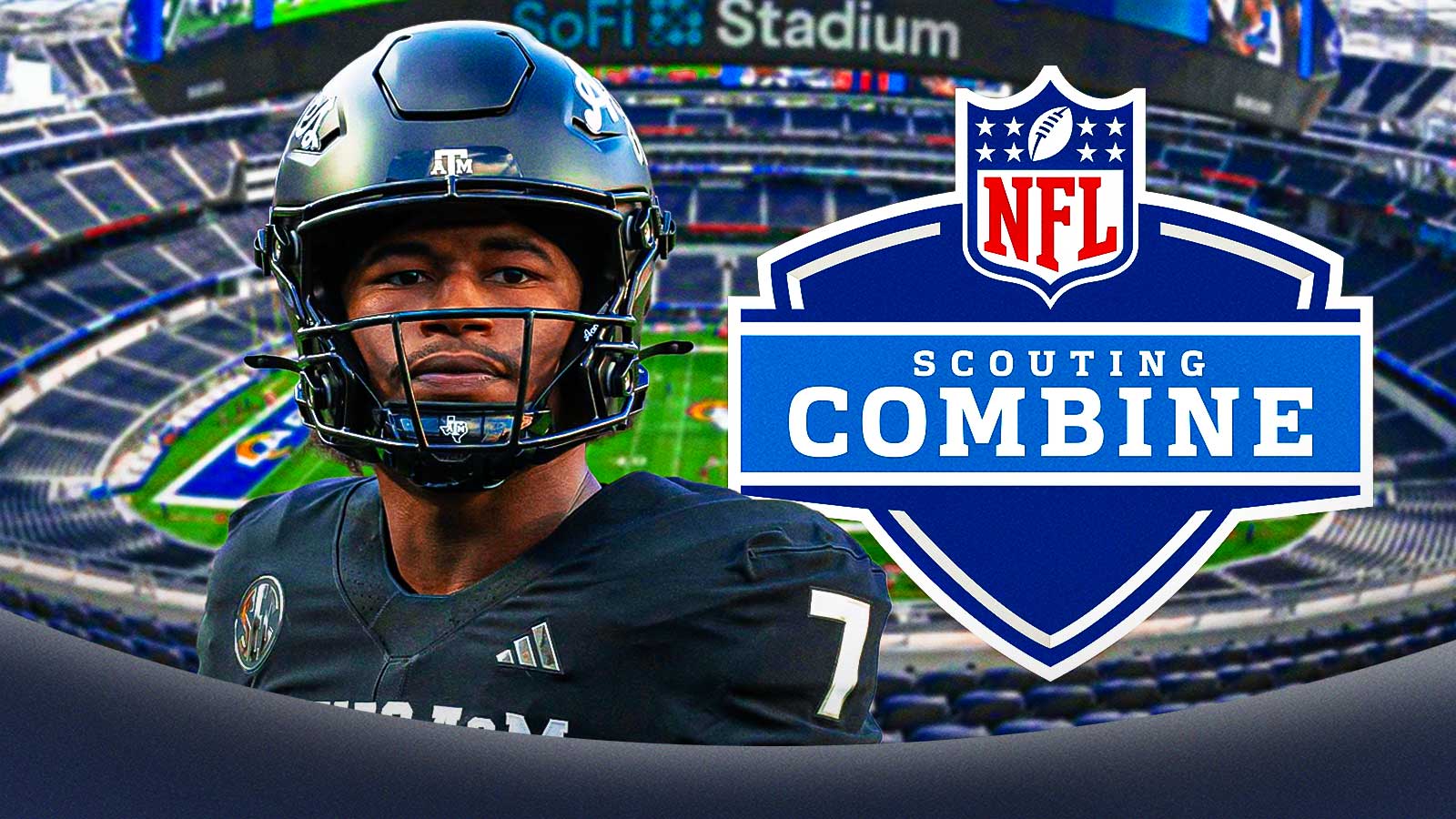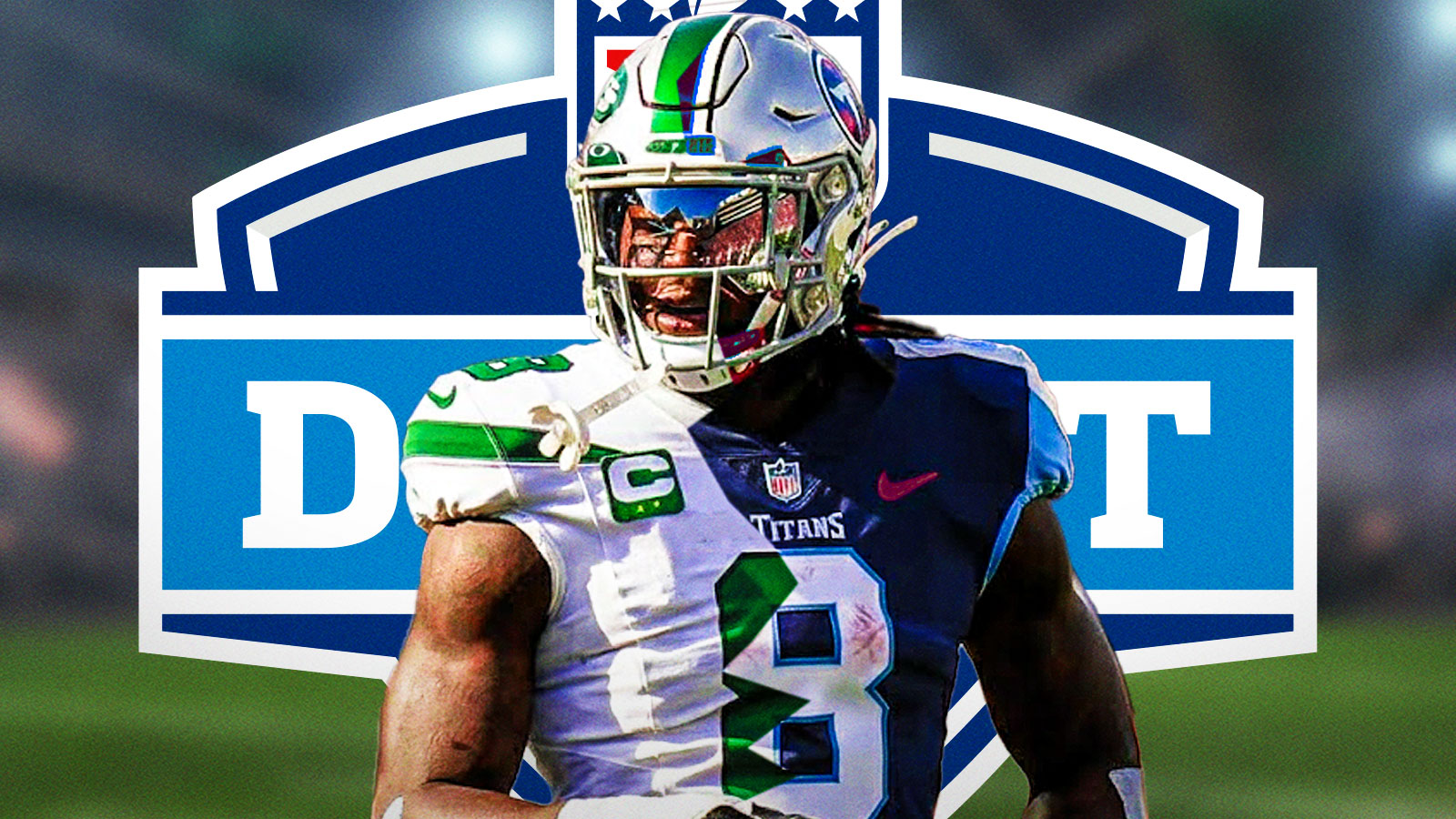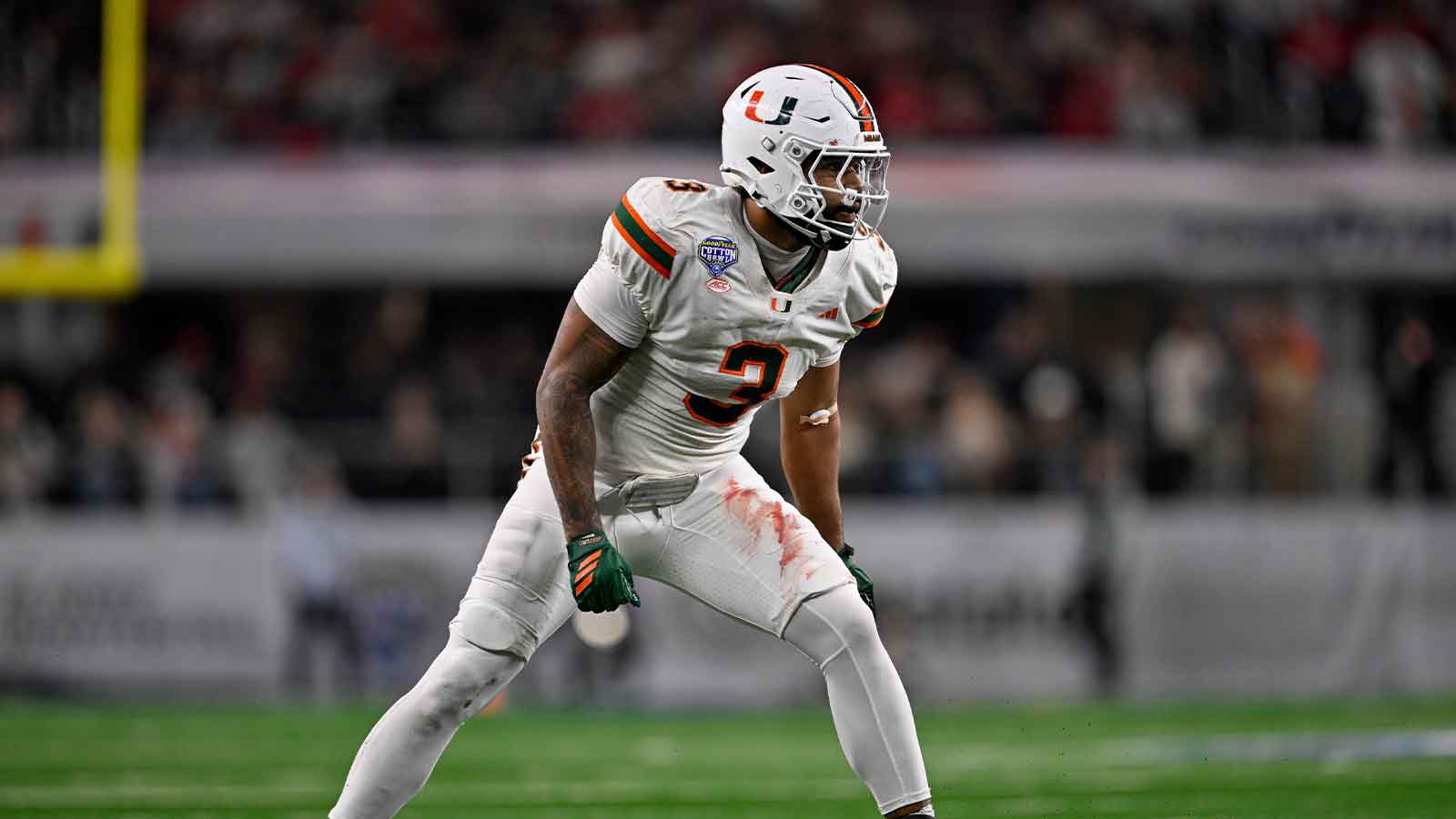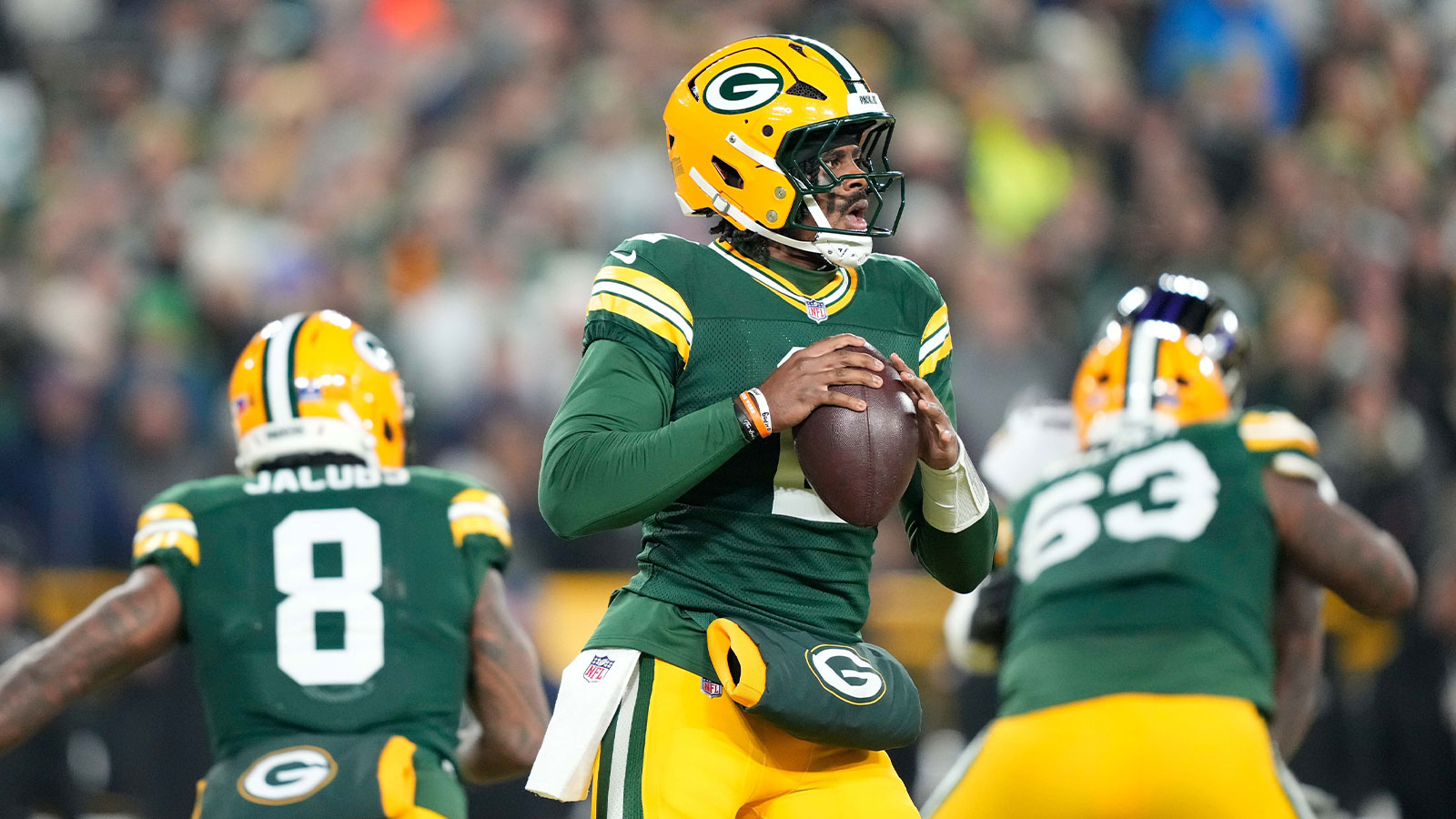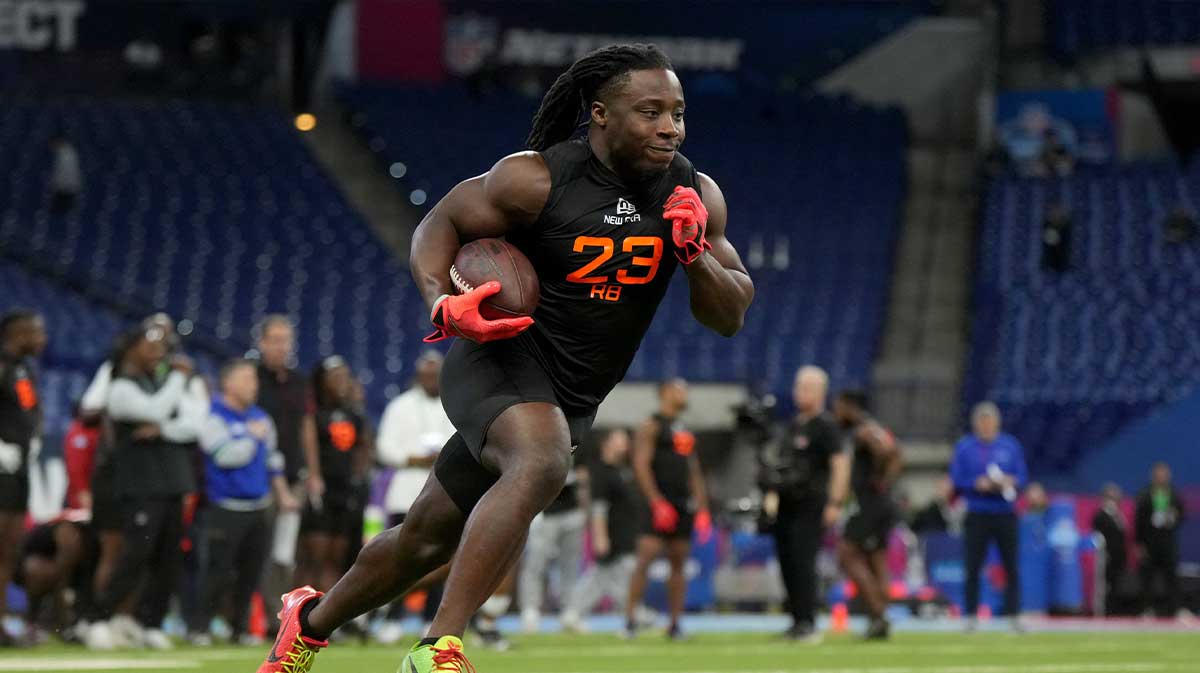Former NFL star Dez Bryant sparked debate with his recent take on HBCUs in the sports world. In response to Deion Sanders' critical draft comments, Bryant proposed integrating HBCUs into larger conferences to further develop their athletic programs.
Bryant, a 9-season veteran of the NFL with experience playing for the Cowboys and Ravens, took to Twitter to share his thoughts on HBCUs.
“In order for an HBCU to thrive you are going to have to throw these colleges into these big conferences like the Big 12, Pac 12, SEC, etc., and allow these colleges to get better over time… let's keep it real,” Dez Bryant tweeted.
Before the integration of college athletics, the majority of highly talented black athletes were found on the campuses of HBCUs. These historically black institutions provided opportunities for these athletes to showcase their skills and develop their talents, despite the racial segregation that existed at the time. Many of these exceptional players went on to have successful careers in the NFL, leaving lasting legacies both on and off the field.
Walter Payton, often referred to as “Sweetness,” attended Jackson State University and became one of the most prolific running backs in NFL history, winning a super bowl with the 1985 Chicago Bears. Jerry Rice, a wide receiver from Mississippi Valley State University, is regarded as one of the greatest football players of all time, setting numerous records during his career with the San Francisco 49ers. And Mel Blount, a standout cornerback from Southern University, played a crucial role in the Pittsburgh Steelers' dominance during the 1970s and is considered one of the best defensive players in league history.
These athletes, along with many others, paved the way for future generations of black athletes by showcasing their talents and breaking barriers in college athletics. Their success at HBCUs and in the NFL serves as a testament to the critical role these institutions played in shaping the careers of black athletes during a time when segregation and discrimination were still prevalent in American society.

